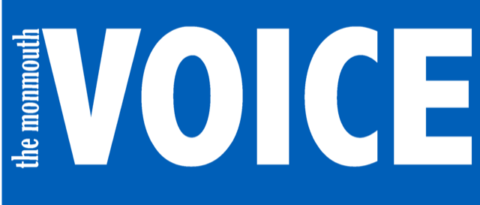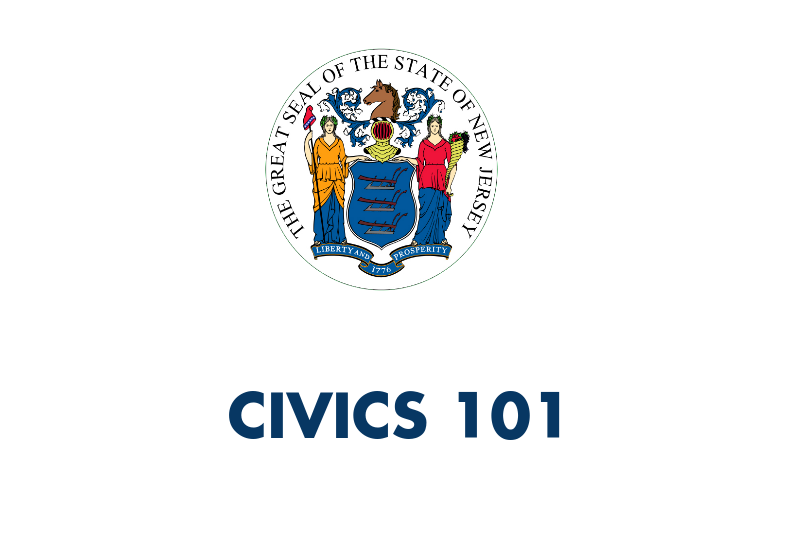The Role of Board Members and Superintendents
The Board Member as Representative
School board members are state officials, empowered by state law to govern the public schools at a local level. They are representatives of their community with oversight authority derived from the New Jersey Constitution and the legislature. The laws, rules and regulations governing public schools pass through the legislature to the State Board of Education. The State Board’s staff, the Department of Education, has the authority to carry out the mandates created by those higher bodies. The board of education develops policies that govern school operation in compliance with state and federal laws and regulations.
The role of a board of education is to see that the school district is well run. The written policies of the board provide guidance and direction to the chief school administrator for making decisions and taking action. Well crafted policies minimize ambiguity between the board and its chief school administrator and promote the smooth operation of the school system.
Board members have no legal authority except when sitting with other board members in a legally constituted meeting. An individual board member cannot make decisions for the board, take action for the board or speak for the board unless the board has authorized them to do so.
Likewise, concerns of individuals in the community which are brought to the attention of a board member cannot be acted upon by that board member, but are referred through established channels, such as board president and/or the chief school administrator. When the chain of command is used properly by citizens and board members, communications are improved and the board of education can act as final arbiter on issues which have not been resolved at other steps in the chain.
https://www.njsba.org/wp-content/uploads/2016/05/publications_whodoeswhat2014.pdf
This brochure explains the interrelated responsibilities of the board of education and the chief school administrator, and the role of each in community relations. We hope this brochure will also help citizens understand school governance and communicate their expectations for board of education members.
Source: New Jersey School Board Association
NJSBA.org










